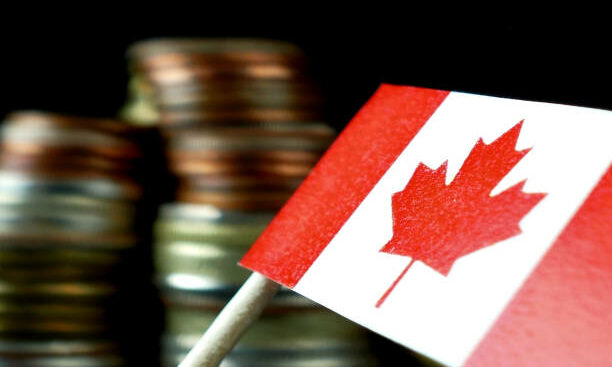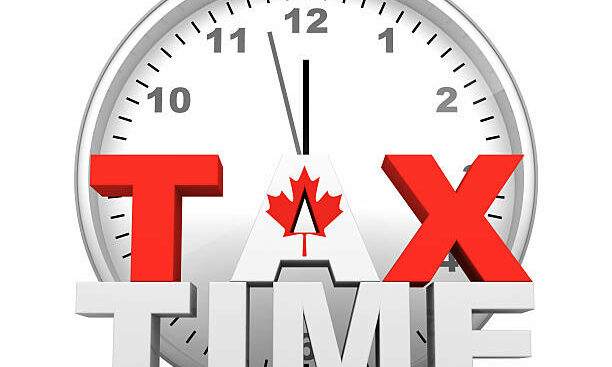You have to report your business income on an annual basis.
For sole proprietorships, professional corporations that are members of a partnership, and partnerships in which at least one member is an individual, professional corporation, or another affected partnership, your business income is generally reported on a calendar-year basis.
If you are a sole proprietor or if you are in a partnership in which all the members are individuals, you can elect to have a non-calendar-year fiscal period. To make this change, complete Form T1139, Reconciliation of Business Income for Tax Purposes.
A corporation’s tax year is its fiscal period. A fiscal period cannot be longer than 53 weeks (371 days). A new corporation can choose any tax year-end as long as its first tax year is not more than 53 weeks from the date the corporation was incorporated or formed as a result of an amalgamation. The corporation has to file its income tax return within six months of the end of its fiscal period. When the fiscal year ends on the last day of the month, the return is due on or before the last day of the sixth month after the end of the tax year. When the fiscal year ends on a day other than the last day of the month, the return is due on or before the same day of the sixth month after the end of the tax year.
It is a good idea to become familiar with the rules of fiscal periods when planning your business. For more information, see Guide T4002, Self-employed Business, Professional, Commission, Farming, and Fishing Income.
Note
If you are a GST/HST registrant, how you set up your fiscal period-end for income tax purposes may affect your GST/HST reporting periods, filing, and remitting due dates. For more information, see Guide RC4022, General Information for GST/HST Registrants.
Source: CRA


